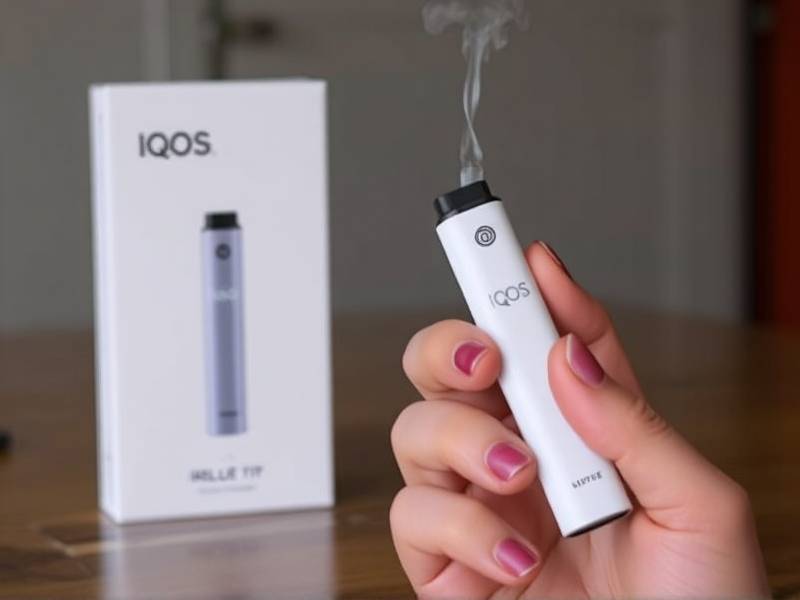Does IQOS Really Help Quit Smoking? A Comprehensive Review
Does IQOS Really Help Quit Smoking? A Comprehensive Review
Introduction: The quest for a safer alternative to traditional cigarettes has led many smokers to explore innovative products like IQOS. But does this heated tobacco device live up to its promise of aiding in smoking cessation? In this comprehensive review, we delve into the science, user experiences, and potential drawbacks of IQOS as a smoking cessation tool.
I. Understanding IQOS What is IQOS? IQOS (Heat-not-Burn) is an electronic device designed by Philip Morris International that heats tobacco instead of burning it. The tobacco is contained within a specially designed HEET stick, which is then inserted into the IQOS device.

II. The Science Behind IQOS How does IQOS work? IQOS heats the tobacco to a temperature below combustion, releasing nicotine and other compounds without producing tar or carbon monoxide. Proponents argue that this process makes it less harmful than traditional cigarettes.
III. User Experiences Does IQOS help smokers quit? Numerous studies have investigated the effectiveness of IQOS in aiding smoking cessation. While some studies suggest that it may be more effective than traditional nicotine replacement therapies (NRTs), others report mixed results.
IV. Pros and Cons of Using IQOS Pros:
- Reduced exposure to harmful toxins compared to traditional cigarettes.
- Smokers may find the taste and experience closer to that of traditional cigarettes.
- Available in various flavors.
Cons:
- Limited scientific evidence supporting its effectiveness as a smoking cessation aid.
- Potential health risks associated with heated tobacco products are still being researched.
- May not be suitable for all smokers due to flavor preferences and potential addiction concerns.
V. Alternative Options for Smoking Cessation While IQOS may offer some benefits over traditional cigarettes, there are other alternatives worth considering for those looking to quit smoking:

- Nicotine Replacement Therapies (NRTs): These include gum, patches, lozenges, inhalers, and nasal sprays that deliver nicotine without the harmful toxins found in cigarettes.
- Prescription medications: Certain medications have been shown to help reduce cravings and withdrawal symptoms associated with quitting smoking.
- Behavioral support: Working with a healthcare provider or joining support groups can provide valuable guidance and motivation during the quitting process.
Conclusion: IQOS presents an intriguing option for those looking to reduce their exposure to harmful cigarette toxins while attempting to quit smoking. However, more research is needed to fully understand its long-term effects on health and its efficacy as a smoking cessation aid. As with any alternative method, individuals should weigh the pros and cons carefully before deciding if IQOS is right for them. Remember that there are other effective options available for those seeking help in quitting smoking.
